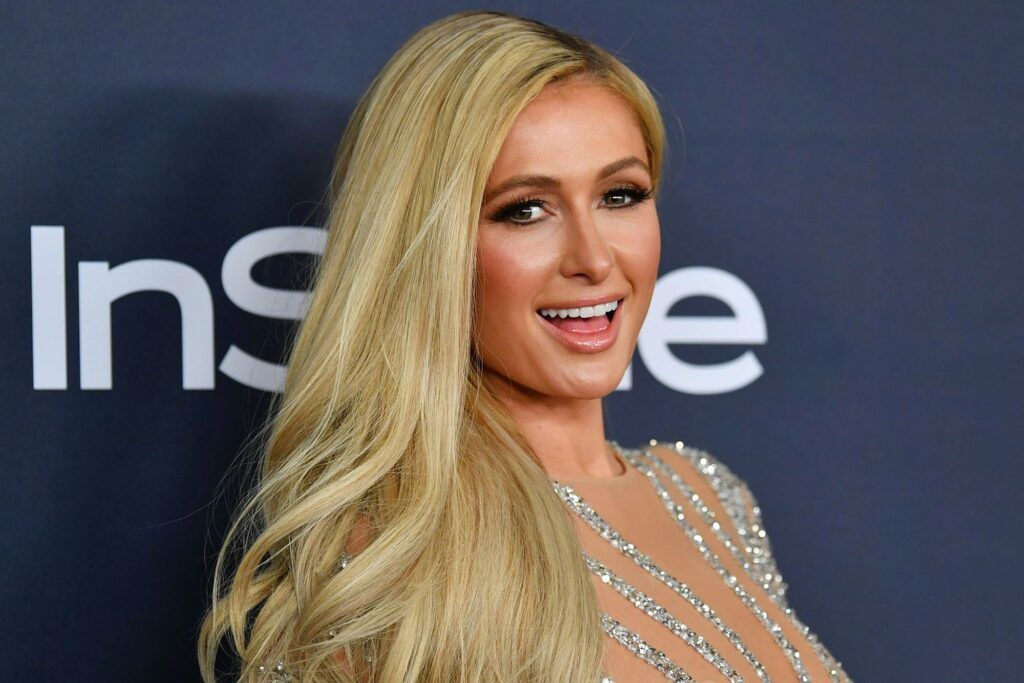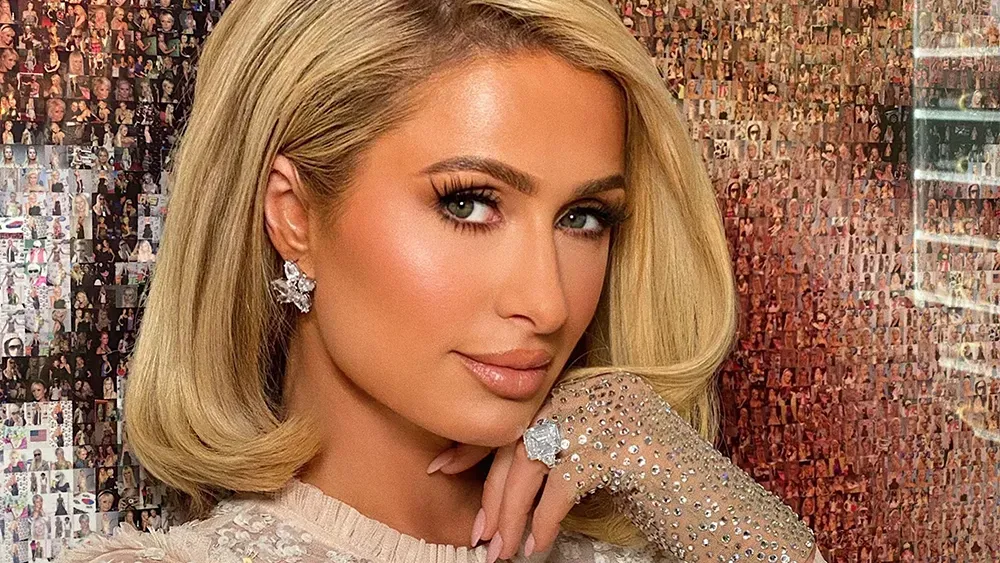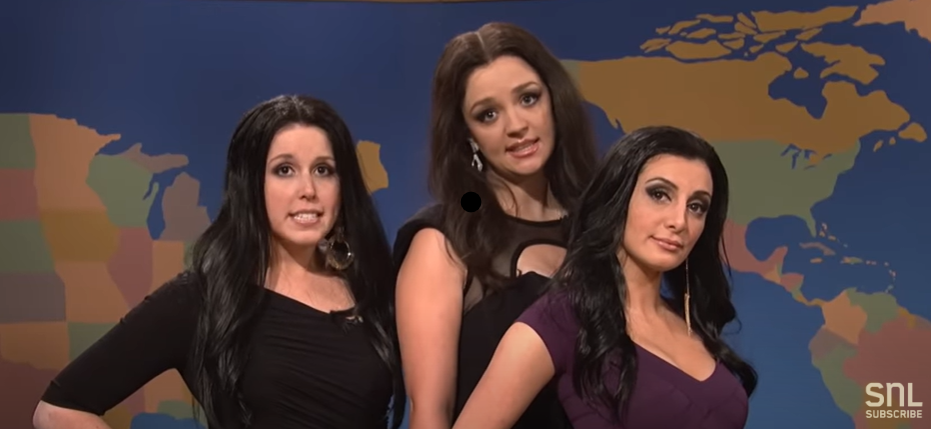The Paris Paradigm
When you think of the quintessential squeaky-voiced, vacuous party-girl, Paris Hilton immediately comes to mind. I remember watching “The Simple Life”, and in a scene where she and Nicole Ritchie are conversing with locals in a rural store in Georgia, Paris asks a young boy behind the counter: “How old are you?” When he answers “13”, she immediately asks — in her vocal-fry baby-doll voice: “Do you love it?”

To say that her image was cemented and well-established is an understatement: Paris Hilton has solidified her standing in rarified, affluent Hollywood society by being ever-present on the party scene; being everywhere the glitterati gather and having the knack of finding the camera flashbulbs wherever they’re going off. She was hired to appear, be seen, and be seen endorsing. Lather, rinse repeat. It’s often been said about her: “She’s famous for being famous.”
From the perspective of someone who is fascinated with speech, I use Paris Hilton as an example in my workshops of vocal fry; I present her particular speech affectation as the gold-standard of what *not* to do if you are a female who prizes credibility and legitimacy. Many grown women reproduce her speech as way of projecting an image of Hollywood cool, of affluent youth, and of a casual, no-care-in-the-world stance.
Well, we’ve all been duped.
I did a double-take when I heard her interviewed recently. She was exhibiting the low-well-modulated tones of a grown woman. She was accessing her lower register, she was using tones which were full of body, and even her uses of “crutch” words such as “like” were minimal. Gone was the quasi-helium, kitten-wrapped-in-a-pink-blanket voice.
What happened?
I stumbled upon the documentary “This is Paris” on YouTube, and it provided an interesting insight into this woman’s progression from a high birth into a hotel magnate’s family, to a tomboy childhood, and a metamorphosis into flawless glamazon — or so she would have you think.
Without giving any spoilers away, Paris Hilton has had some obstacles to overcome, which could be argued, were the impetus for her to drive herself as hard as she has in her various business ventures (and there are many). She is a success due to her tenacity and drive — but she is also pushed forward to overrun her demons. Struggling with ever-elusive happiness, insomnia, fears of missing out on natural benchmarks like a spouse and children, and chasing her financial milestones (and yes, *even she* has those) have kept her an ever-moving entity.
And the voice?
It’s all part of the persona. Paired with the swish of cascading blonde hair and the ever-satisfied smile, Paris creates an image that’s impossible to ignore and even less apt to be disliked. She emulates a sweet, easy-to-digest persona, and in its childlike purity, makes her as non-threatening and as accessible as possible. And while I’m never an advocate of speaking in a non-native or “manufactured” way, Paris’ voice is part and parcel with her diminutive, mogul-with-a-soother image which has fooled us all.
In turns out she is way smarter than anyone thought; she is far more credible than her image has allowed her to be. I hope she becomes more comfortable in her skin; I wish her to explore the rest of her life on her own terms, and being true to herself. I look forward to seeing what this grounded — and well vocally modulated — woman has planned next.
The post The Paris Paradigm appeared first on Yoga And Voice.










